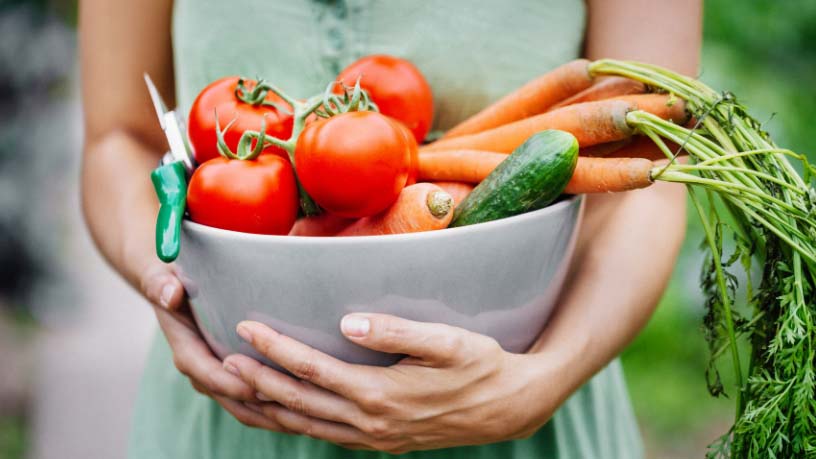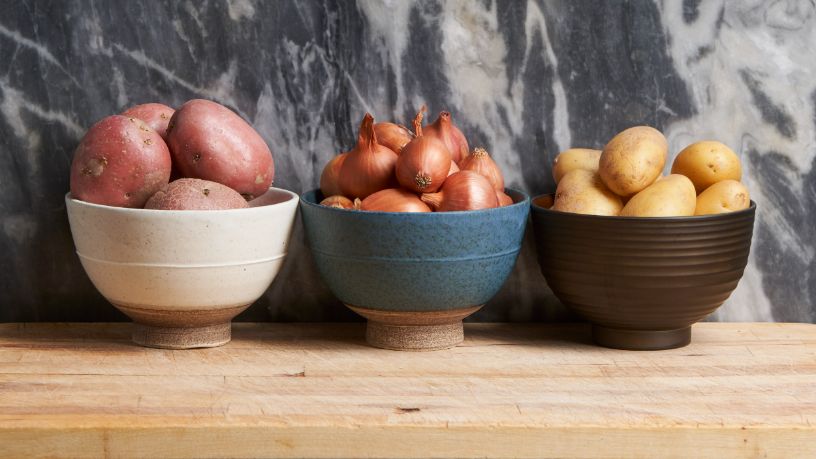Find out what a food diary is.
Key takeaways
Learn some common mistakes people make when keeping one.
Discover 8 expert tips for getting started.
Keeping track of what you eat and drink can have huge benefits to your health and wellbeing, and a food diary might be just the tool you need to help you on your journey.
What is a food diary?
A food diary is any self-tracking tool that helps you record what you eat and drink. It might come in the form of a:
- paper or digital notebook diary
- computer diary
- smartphone diary or app.
If you try to remember what you had for dinner a week ago, you probably won’t be able to recall it in much detail. A food diary can help you remember (and remember honestly) what you’ve consumed.
It can include any important detail, like where and when you ate, and even your mood at the time. You can choose to track one meal, a whole day or more.
This can help you in a number of ways, including:
- improved self-awareness. For example, you might be eating more carbohydrates than you initially thought, or eating less fruit and veg than you hoped
- improved visibility. Knowing exactly what you’re eating and drinking can help you make better choices. It may also help with things like portion control and mindless snacking.
A great tool for your health advisors
Keeping a food diary can also be useful to a doctor, dietitian or other health practitioner who may benefit from knowing your nutrition habits.
For example, a dietitian can use your food diary to help get a sense of what you're eating on a typical day, and compare it with the Australian Guide to Healthy Eating to ensure you’re consuming the right amount of things like protein, carbohydrates, iron and calcium.1 The dietitian can then help you create a balanced eating plan that’s tailored to your needs and goals.
A food diary’s applications can be even wider ranging, too. For example, a psychologist might be able to look at your nutrition habits to help explore your connection between food and mood.
A few things to avoid
Like many goal-setting strategies, keeping a food diary can be a short-lived experience if you don’t manage it correctly.
While it can be a good idea to use a food diary every day, people sometimes overwhelm themselves by over-recording. Remember, a food diary is a flexible tool that’s there to serve you (and not the other way around).
On the other hand, another common pitfall is not accurately recording what you’re consuming. It’s important to log important details and to be honest (including the things you may not want to, like that occasional piece of cake with your coffee).
Understanding and changing your eating habits is the most important yet challenging part of keeping a food diary. And honest, accurate recordings can make it easier to establish clear patterns in your diet (maybe that piece of cake isn’t so occasional after all).
Finally, while a food diary is focused on identifying areas in your nutrition that may need changing, it can also help to keep track of the areas that are already working well. And there are always some!
Getting started
A food diary is a tool that’s designed to help you achieve your own personalised goals. So, it should be based around you.
Remember, it’s a flexible tool. Use it how you like and feel free to pick it up and put it down at any stage of your health journey.
If you are new to the world of food diaries, it can help to start on the right foot. Here are 8 tips to get you going:
- Find a diary that works for you. Pick your preferred method, whether paper or digital, and set reminders to fill it in.
- Bring others along on the journey. Getting a friend or loved one to start their own food diary can help you (and them) stay accountable and motivated.
- Include as much detail as you can (without overwhelming yourself). For example, instead of just recording a ‘salad sandwich’, mention what bread and fillings were involved.
- Be accurate and honest. While you don’t need to weigh out everything, it can help to roughly measure your portion sizes (for example, ‘1 cup of cooked rice and a hand-sized steak’). And don’t leave things out.
- Record other things. Such as where and when you ate/drank, plus how you felt before, during and after.
- Record quickly. As time passes, it can be difficult to accurately remember what you consumed. So, it pays to write it into your food diary right away.
- Record for at least 3 days in a row. This helps establish consistent patterns in your diet. It’s also important to keep recording over the weekends, as this is when our diets tend to change.
- Record, reflect. After you’ve filled out your diary, reflect on the habits that you want to change or continue. Remember to keep your long-term goals in mind, and to celebrate your accomplishments along the way!

At Bupa, trust is everything
Our health and wellbeing information is regularly reviewed and maintained by a team of healthcare experts, to ensure its relevancy and accuracy. Everyone's health journey is unique and health outcomes vary from person to person.
This content is not a replacement for personalised and specific medical, healthcare, or other professional advice. If you have concerns about your health, see your doctor or other health professional.
1Eat for Health (2024). Australian guide to healthy eating. Australian Government, National Health and Medical Research Council.
You might also like...
Vegetarian and plant-based diets: What’s the difference?
Food trends may come and go, but eating more plants and less meat might be here to stay.
Does coffee make you poop?
From one coffee enthusiast to the next, we find out why the hot beverage could make you run.
Can multivitamins fill gaps in your nutrition?
Supplements are everywhere, from entire supermarket aisles to ads on TV. But can supplements compensate for a poor diet or prevent you from getting sick?
Do potatoes count as one of your 5 a day?
Hot chips, roast potatoes and a good old-fashioned creamy mash. Potatoes are vegetables, but are they healthy enough to count as one of your 5 a day?





